
Have you ever gotten a notification from a shopping app, seen a good deal, and bought something you didn’t really want? These types of habits waste your hard-earned money. By changing these small habits, you can save a lot and build wealth.
This doesn’t mean you have to be stingy. Balance is important in life, right? Let's look at some practical ways to save money without losing out on fun.
11 Practical Ways to Boost Your Savings
1. Create a Budget & Stick to It
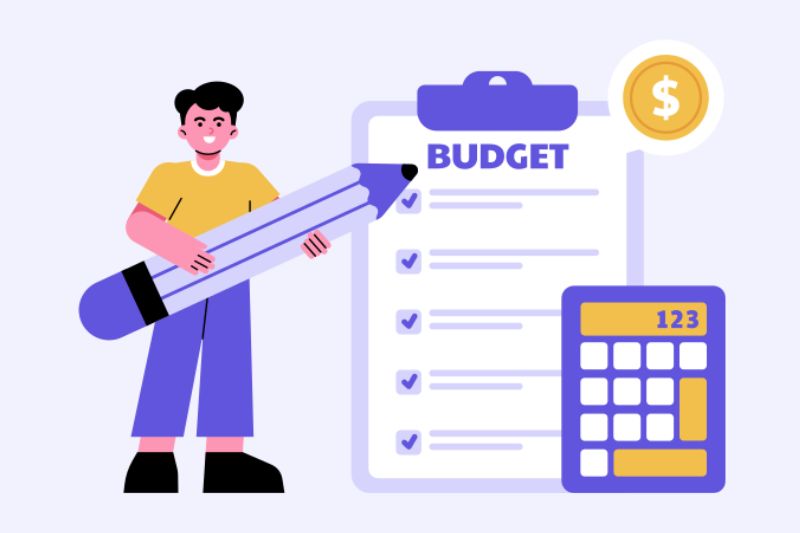
A budget is key to good financial management. Start by tracking your income and expenses to see where your money goes. Use budgeting tools or apps to help categorize your spending. Set specific amounts for essentials like housing, utilities, groceries, and transportation, and also save some money and allow for extra spending. Regularly review and adjust your budget to stay on track.
2. Automate Your Savings
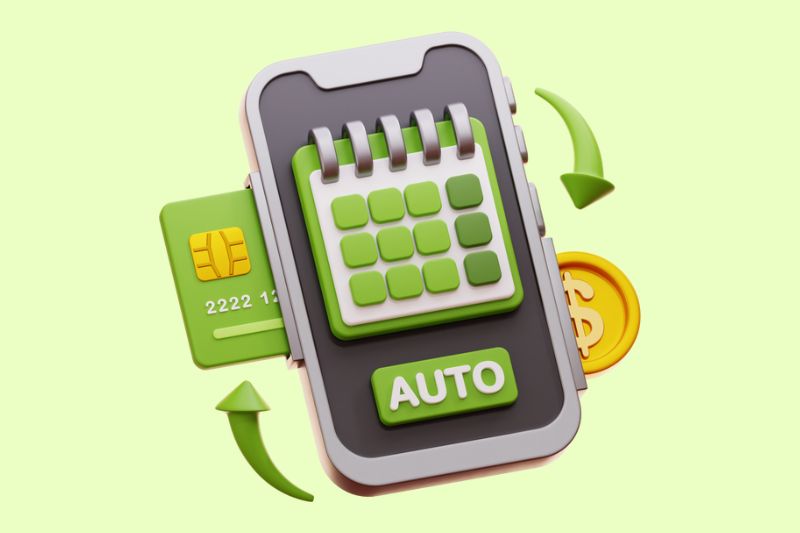
An easy way to save money is to automate it. Set up automatic transfers from your checking account to a savings or investment account. This way, you save money automatically before you can spend it. You can also set up multiple savings accounts for different goals, like an emergency fund, travel fund, or retirement savings.
3. Pay Yourself First

Before paying bills or buying anything, make sure to pay yourself first. This means saving a portion of your income before spending any money. Try to save at least 10-20% of your income and increase this amount as your finances improve.
4. Cut Unnecessary Subscriptions
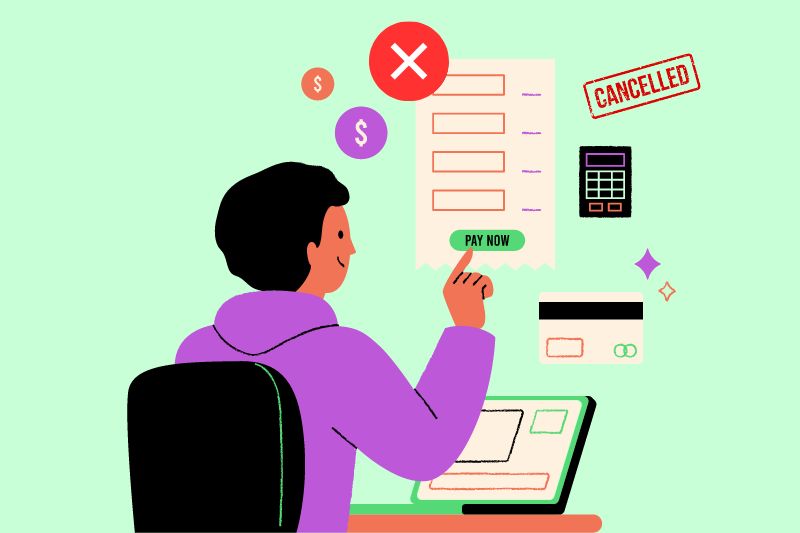
Review your monthly subscriptions and memberships. Are you using all of them? If not, cancel the ones you don’t need or use. Streaming services, gym memberships, and magazine subscriptions can add up quickly. Cutting unnecessary expenses frees up money to save or invest.
5. Cook at Home More Often

Eating out and ordering takeout is convenient but costly. Cooking at home saves money and is healthier. Plan your meals, make a shopping list, and stick to it. Make storable meals in bulk and use leftovers to save time and money. Try new recipes to make home-cooked meals more fun.
6. Pack Your Lunch
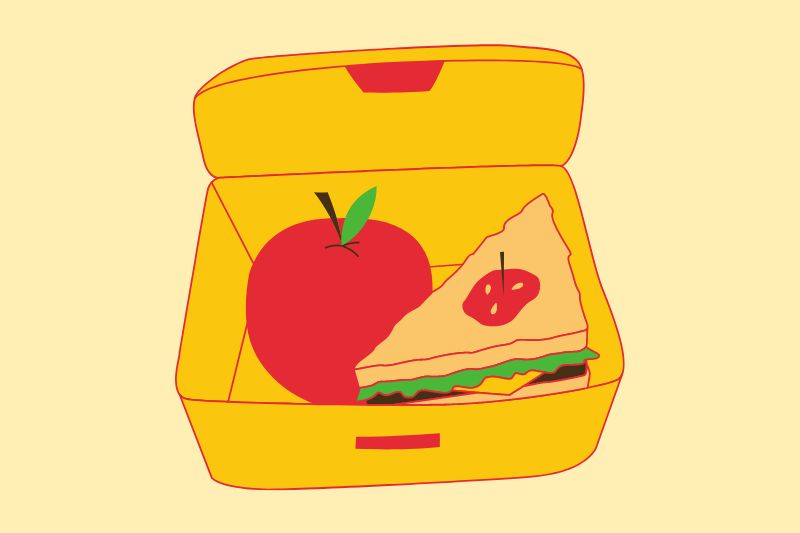
Taking a lunch box from home instead of buying your lunch can save you a lot of money over time. Eating out for lunch adds up quickly and is also an unhealthy option. So by making your lunch at home, you save money and control your diet better. Get some good containers and pack your lunch the night before.
7. Use Cashback & Rewards Programs

Use cashback and rewards programs from credit cards and retailers to earn money or points on purchases you already make. Just be sure to pay off your credit card balance each month to avoid interest charges. Also, check out apps and websites that offer cashback for online shopping.
8. Shop With A List

We often do impulse buying due to exciting ads like limited-time offers or special sales, this can mess up your savings plans. To avoid extra spending, always shop with a list. Before buying something, ask if you really need it or can wait. Use a 24-hour rule for expensive purchases: wait a day before buying to see if you still really want it.
9. Reduce Energy Consumption

Cutting your energy bills can help you save money. Simple steps like turning off lights when you leave a room, unplugging electronics, and using energy-efficient appliances can make a big difference. You might also want to get a programmable thermostat to control heating and cooling better. Small changes in your daily habits can lead to big savings over time.
10. Buy Generic Brands

When shopping for groceries and household items, consider buying generic or store brands instead of popular brands. These products are often just as good but cost less. Check ingredients and reviews to make sure you're getting good value. Over time, choosing generic brands can save you a lot of money.
11. Review & Adjust Insurance Policies
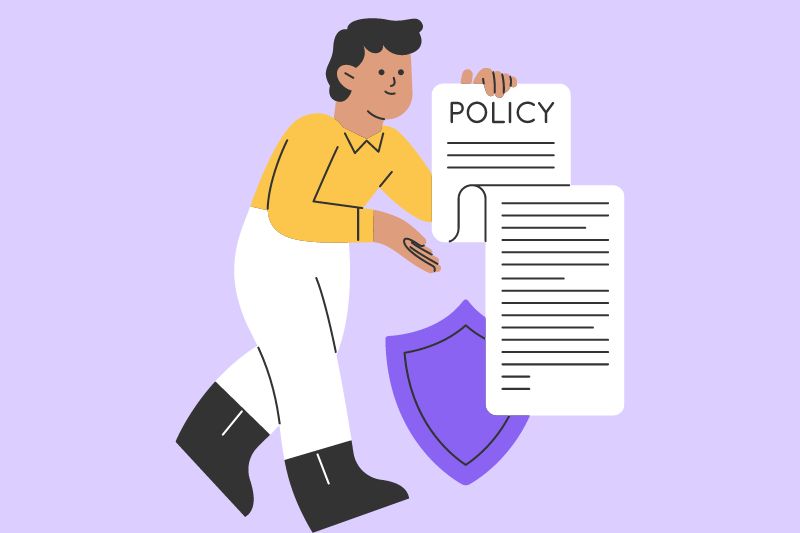
Insurance is necessary, but you might be paying too much. So regularly check your health, auto, home, and life insurance policies to make sure you're getting the best rates. Compare quotes from different providers. You can save money by reducing your worthless policies. Also, ensure you're not over-insured or paying for coverage you don't need.
Conclusion
Your mindset is crucial for saving money. If you try to save by cutting back too much, you might become stingy and struggle to spend on necessary things.
Instead, be mindful and only cut the budget on non-essential items. Review the tips in this blog and see which ones fit your lifestyle. Implement the ones that work for you. Over time, you'll notice your wasteful spending habits diminish and your savings grow steadily.
Check Other Interesting Blogs:






